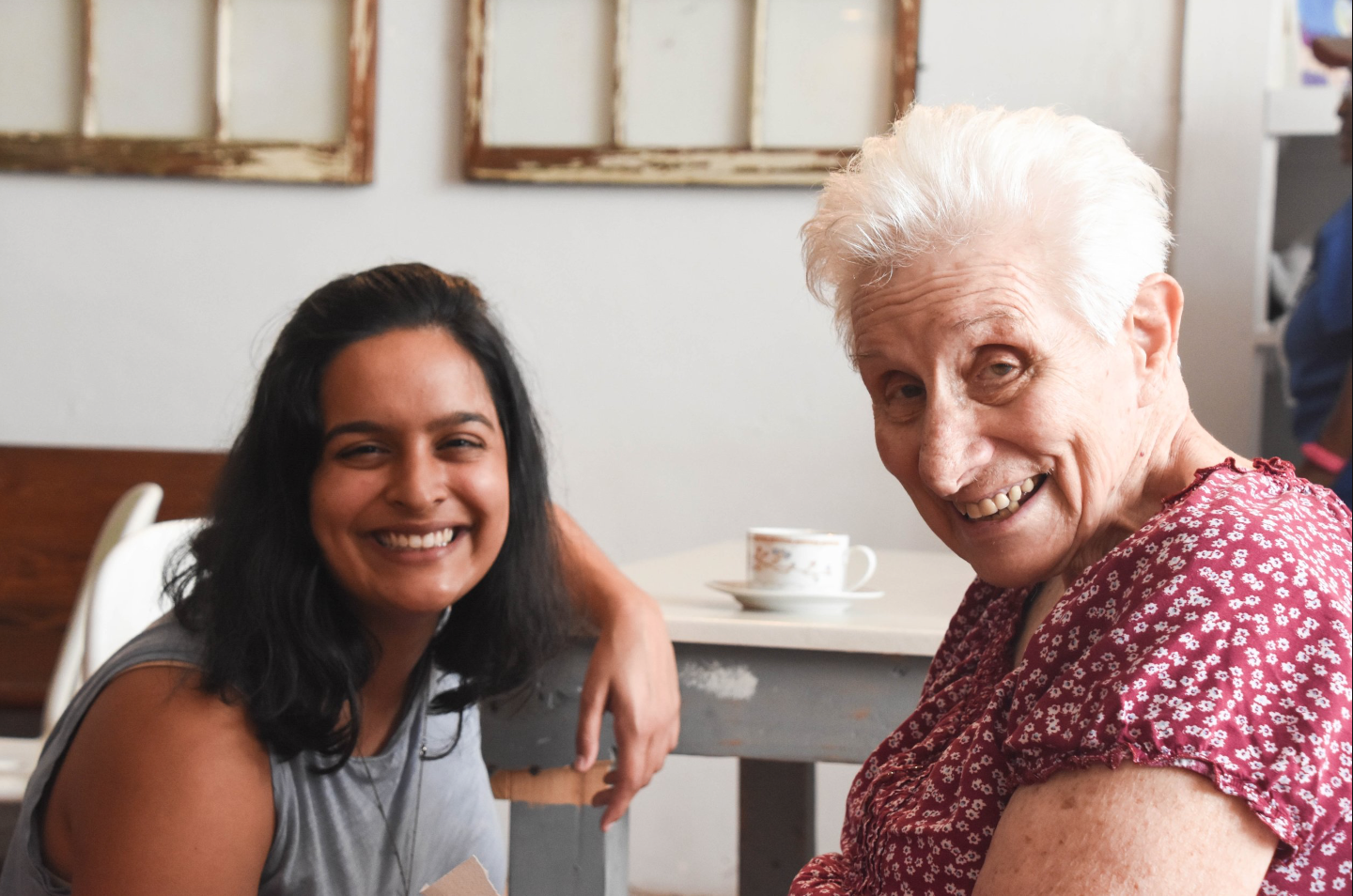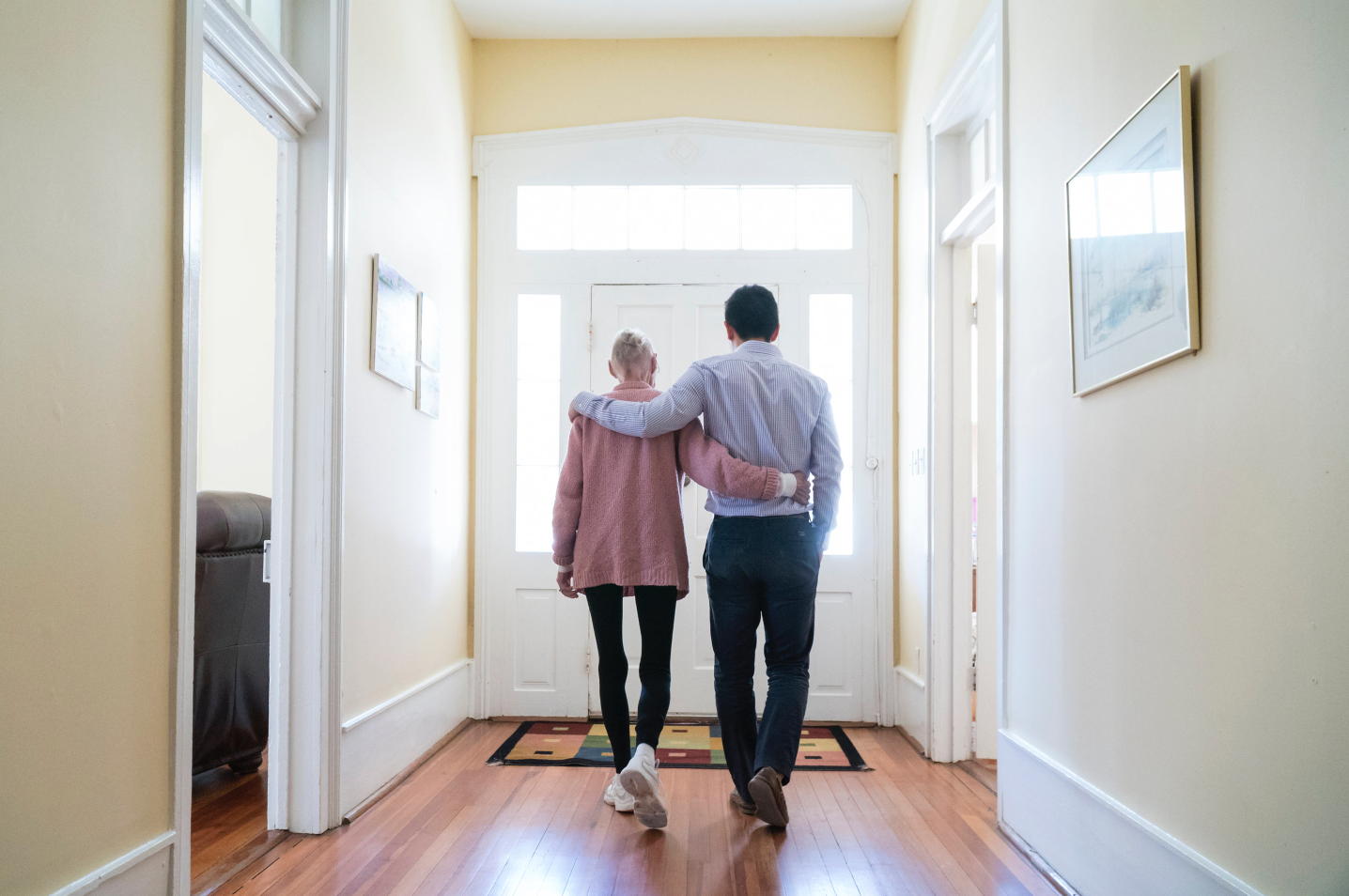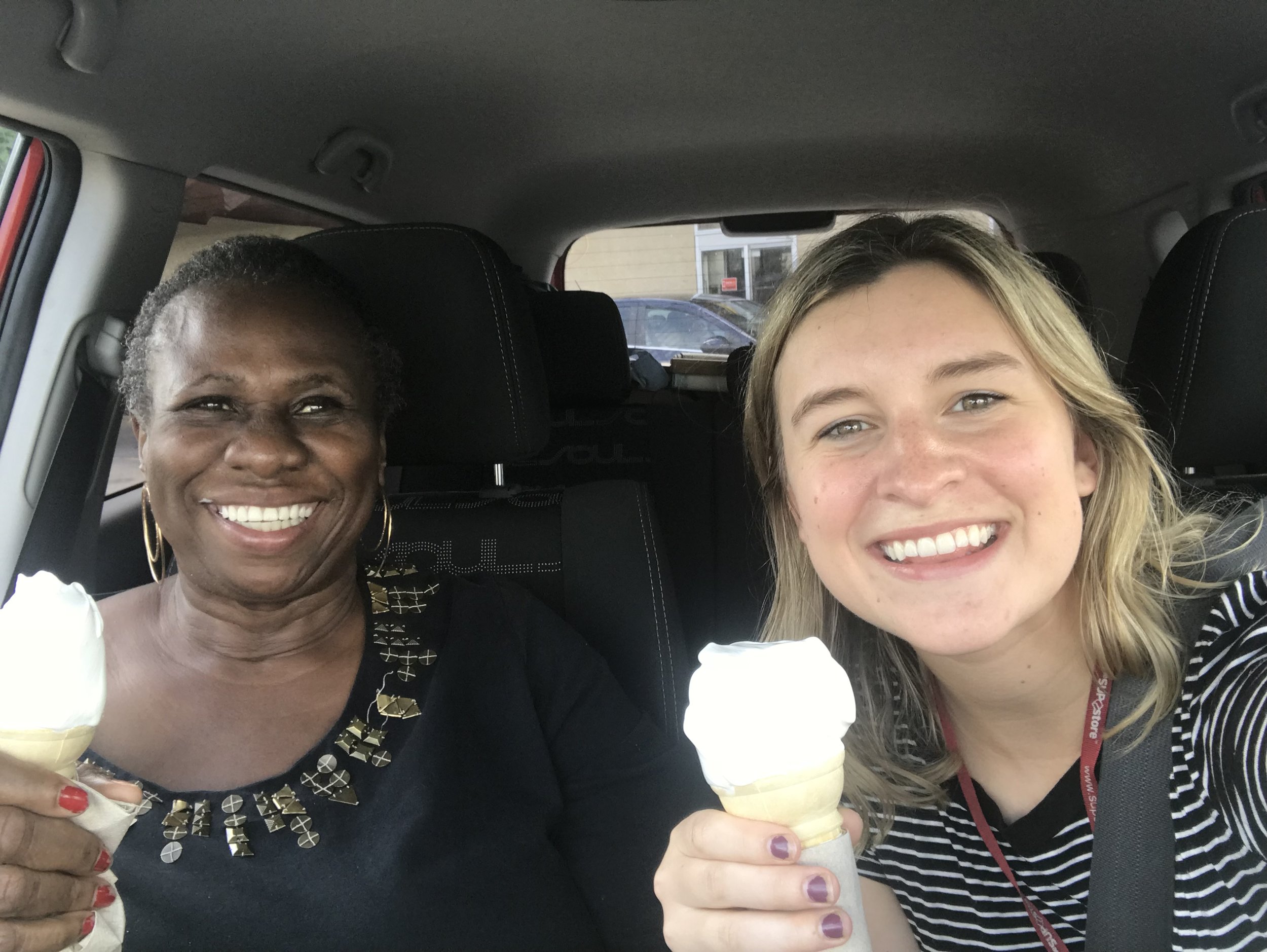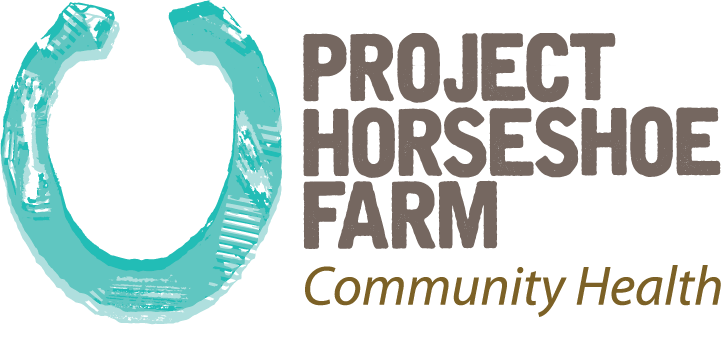Health Partners Program





Healthy relationships are one of the most important contributors to good health and quality of life. U.S. Surgeon General Vivek Murthy estimates that loneliness and social isolation have roughly the same negative health impact as smoking 15 cigarettes per day. Unfortunately for many of our vulnerable neighbors, day to day life can be marked by relational dysfunction, turmoil, abuse, neglect, isolation, and loneliness.
Launched in 2013, Horseshoe Farm’s signature “Health Partners” program has reasserted the enormously under appreciated importance of caring, consistent, supportive relationships as an intervention to improve health and quality of life of our neighbors who often need these relationships most.
Each of our Fellows, acting as nonprofessional caring neighbors, volunteers with approximately 7-10 seniors, adults living with chronic illnesses (often including mental illness), children, or other vulnerable or isolated individuals. Fellows work to build trusting relationships as a foundation and then are able to provide home visits, take their “partners” for walks and encourage healthier behaviors, give rides and accompany their “partners” to their local doctor’s visits, help their "partners" navigate healthcare and social services systems, encourage involvement in community center programs or other purposeful activities, and provide personal support and care in other ways consistent with a caring neighbor.
Through these relationships, Fellows are able to make a significant positive impact on the health and quality of life of our vulnerable neighbors while honing their skills in the intricate social, emotional, and humanistic aspects of service. They gain a deeper understanding of the lives of their health partners and some of the many challenges our vulnerable neighbors face. Finally, they have the opportunity to support the efforts of local health and social services systems, learn about the strengths and many challenges in these systems through the eyes of their health partners, and discover how their volunteerism as citizen service leaders contributes to a broader framework of community health.
